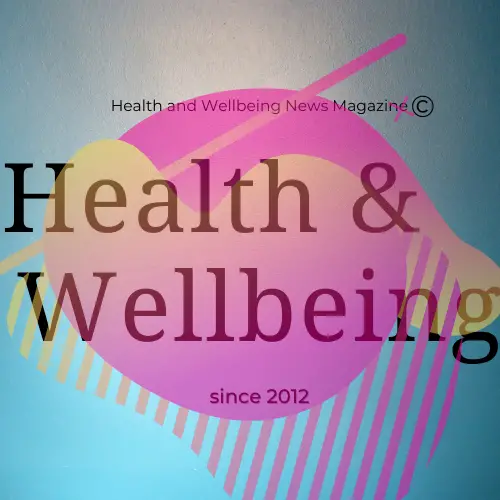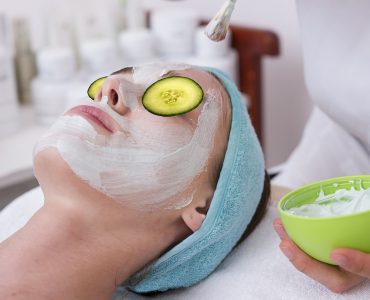(vaccinium myrtillus) Memory Like a Sieve? Boost Your Brainpower with Bilberry’s Anti-Aging Power!
A close relative of American blueberry, bilberry grows in northern Europe, Canada, and the United States. The ripe berries are primarily used in modern herbal extracts.
The dried berries and leaves of bilberry have been recommended for a wide variety of conditions, including scurvy, urinary tract infections, kidney stones, and diabetes. Perhaps the most sound historical application is the use of the dried berries to treat diarrhoea. Modern research of bilberry was partly based on its use by British World War II pilots, who noticed that their night vision improved when they ate bilberry jam prior to night bombing raids.
What it does
Bilberries contain Vitamin C and are reich in bioflavanoids, water soluble pigments that are potent antioxidants. The main bioflavanoids are anthocyanosides which are specifically protective and supportive to blood vessels and the eyes. Bilberry also has hypoclycaemic actions helping to lower blood sugar levels, is anti-inflammatory, astringent, anti-diarhoea, anti-emetic, diuretic and anti-bacterial.
Bilberry isn’t just a delicious treat, it’s a health champion in disguise! These small, dark berries burst with anthocyanins, powerful antioxidants that offer a wealth of benefits. Bilberry has been traditionally used to improve night vision and eye health, combat inflammation, support heart health, and even boost brain function and memory.
You can enjoy bilberry fresh, frozen, dried, or as juice or supplements. Add it to smoothies, jams, baked goods, yogurt, or oatmeal for a delicious and healthy boost. So, embrace the versatility and potential of this superfood berry and unlock its hidden well-being magic!
Potential Uses
| Cataracts | E coli | Gastroenteritis |
| Varicose veins | Cardiovascular health | Atherosclerosis |
| Arthritis | Macular degeneration | Diabetes |
Other information
The flavanoids in bilberry aid circulation by stabilising collagen, aiding vasodilation and inhibiting damade by free radicals. Anthocyanosides bind to collagen and maintain its integrity thus supporting connective tissue structure in eyes, blood vessels, joints, skin, bone, etc.
Cautions
Generally, there are no side effects or contra-indications from using bilberry.
If you use diabetic medication you should monitor your blood sugar levels regularly.
Bilberry may increase the action of anticoagulant & antiplatelet drugs.
At the time of writing there were no well known negative drug interactions with bilberry.





